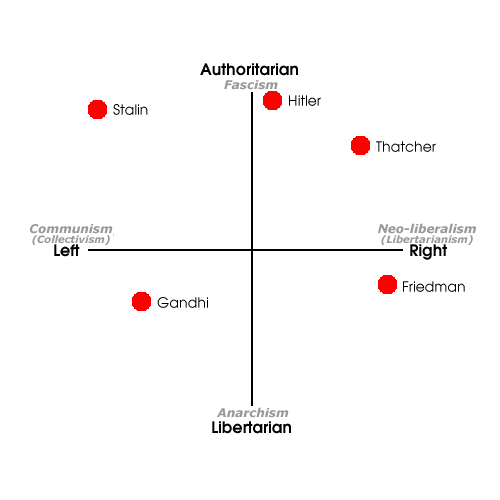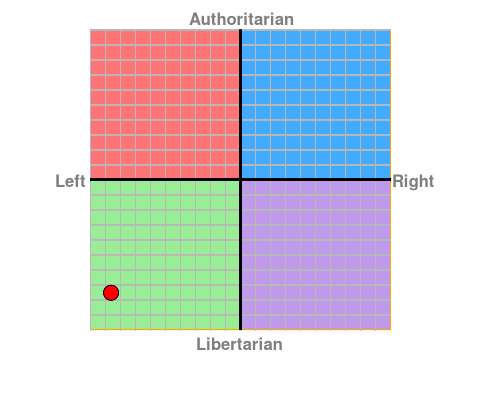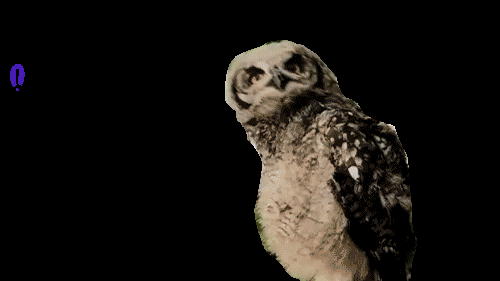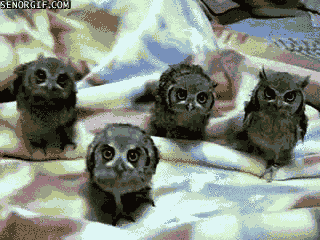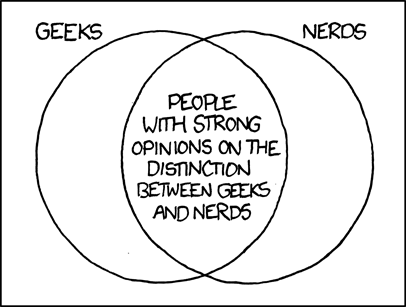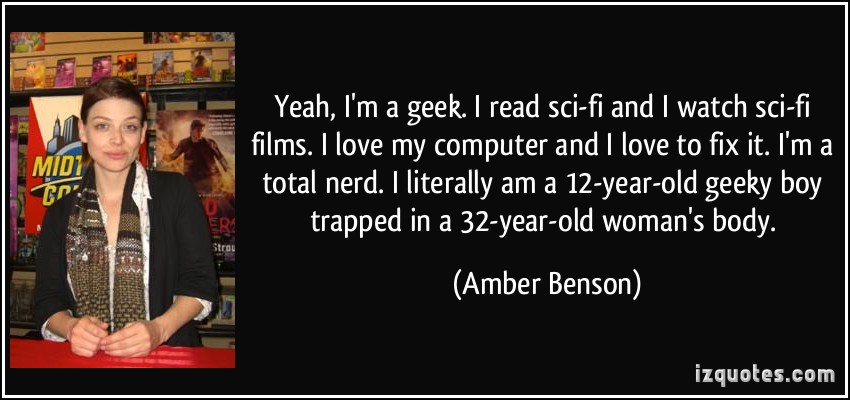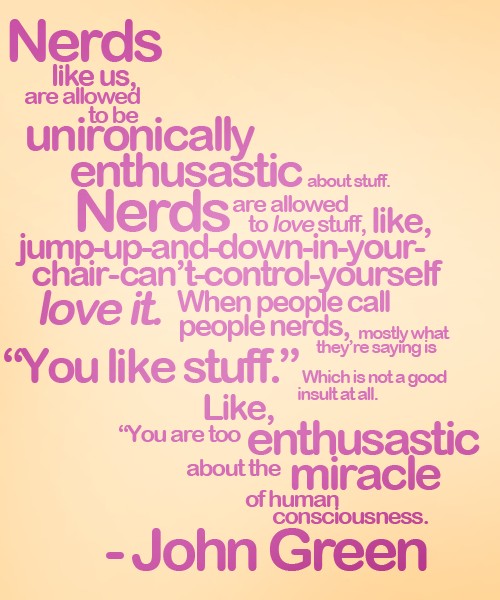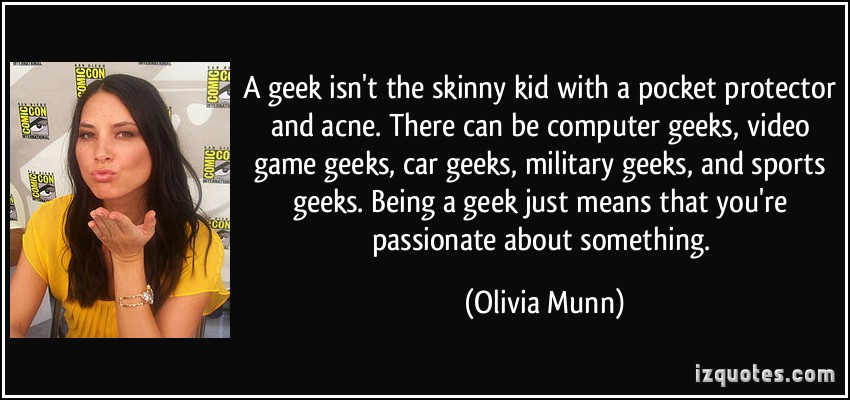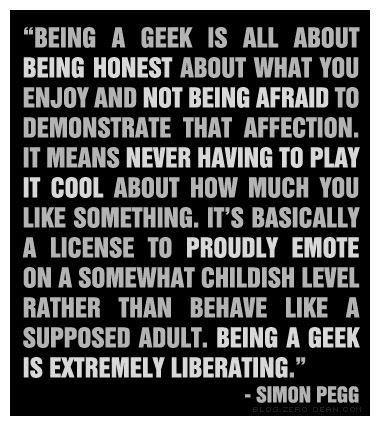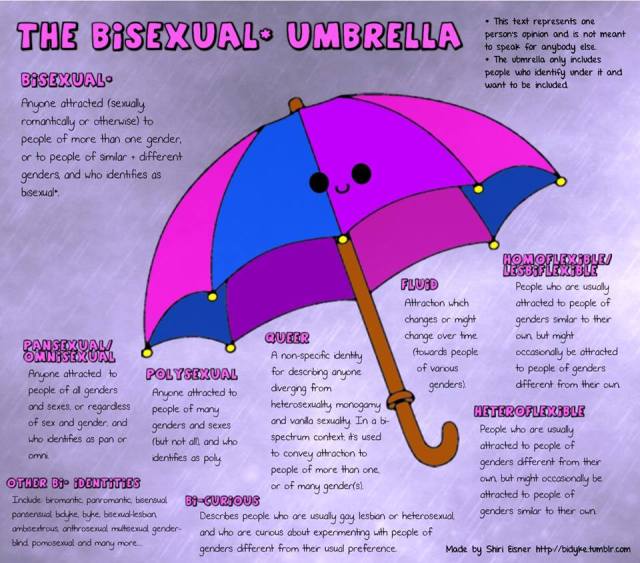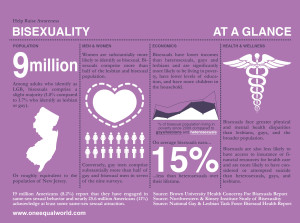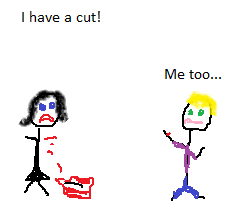I’m foregoing a clever title for this. I think names of people, places, things, or ideas are important. And, when it comes to the act of naming, I either immediately know the name or I spend loads of time working one out. It is literally taking me less time to tell you why I’m not giving this a clever title than it would probably take to come up with that clever title. This matters to me because, at the moment, I’m fitting in loads and loads of creative endeavours. Music, poems, books, and blogs, to name a few.
One of those other blogs is Most Worlds, a blog I’m doing with my talented arts writer friend, Cat. This month, we’re writing on one of our favourite themes: vampires. Which is how I finally had a chance to really understand that different people “need†different things to find a vampire story satisfying. And that is how I ended up writing Cat an email about a realisation I had dealing with vampires and evil and why I don’t particularly favour vampires who must be evil. Which, in turn, is how I ended up standing in the shower contemplating vampires, evil, and sunlight until the water got cold. Obviously, that meant a blog. (I’ve already got my posts for Most Worlds written for the month, so this is supplemental reading that I might just link to…)
First, I’m going to tell you two things about me that will be relevant here.
Thing One: When I was about 13, my class to a trip to a park where I knew I was going to end up riding a rollercoaster. Now, for those who enjoy any sort of thrill ride, what seems to be happening at a subconscious level is that your brain sees danger, the brain chemicals that deal with danger are released (a heady mix), and then you evade danger over and over (cue more brain chemicals), and you walk away feeling victorious. Yay! Your brain is quick to let you know that, hey, this makes thrills enjoyable. HAVE MORE! For those who don’t enjoy thrill rides, the brain doesn’t seem to get past the chemicals that deal with danger, it doesn’t seem to give you the achievement for evading death.
When I rode the rollercoaster (as when I’ve been faced with other things meant to provide entertainment via the titillation of fear and thrills), my brain shrieked over the danger, but then it told itself that was rubbish as there was plenty of evidence that there was little to no actual danger. Which, my brain noted, was good because danger leads to fear, and fear is actually not a pleasant feeling. My brain then confirmed that we had paid to give our control to a random stranger so that we could be slammed around in cars with shrieking other strangers. Yeah, yeah we had. Well, my brain was bored, not titillated, and not impressed with my choices.
So, no, I don’t enjoy thrill rides or anything else that works on the fear = titillation equation. If, on the other hand, your horror film has a riveting plot or can engage emotions other than fear, there’s hope. That is why I read and watch horror anyway, because I’m intrigued by stories of how humans might behave in unusual circumstances or I’m really curious about the traits of monsters. This is why, in spite of my fear of heights, I have been known to enjoy the borderline-thrill-sport of rappelling, because I’ve always done it somewhere where my physical location (hanging on a rope, high above nature) allows me to seem some breathtaking beauty that wasn’t part of my usual experience.
Thing One in summary: I get no pleasure from fear. I am probably an android.
Thing Two: Part of the beliefs that make up my spiritual path is that no human will be forced to be good or to be evil. Every human has a choice, even in the face of whatever feelings or urges or circumstances might be pushing them one way or the other. And, should one make choices that could be considered evil, there is always a chance at redemption. Moral agency and the chance at redemption are big catalysts and supports behind my core life values and motivators of love and light.
Yes, we can talk about vampires now. But first I want to assure you that I am quite capable of both distinguishing fiction from reality and of suspending my disbelief for the sake of enjoyment.
From what I can tell and what I’ve read, around the time the vampire really entered the public mind via the novel Dracula, the vampire was an awesome and symbolic way to address Victorian sexual standards (among other things). That Dracula was a being who just was evil and had no motivation other than being evil was frightening. Even more frightening was that he could make poor Lucy into a vampire against her will and, therefore, make her evil against her will. The sexual titillation (though admittedly rape-y if we stop to think about it and definitely based in norms and standards that have changed), the exploration of the then-new modern woman via Mina, and the intriguing look at gender norms especially in the face of huge emotion work for me. The fear-based titillation, as you can guess, did not. Does not.
Worse, whilst I can set aside that these are different times and the things that do work for me aren’t nearly as relevant to my emotional or mental experience of the story as they probably ought to be, and whilst I can suspend disbelief enough to go along with fantastic things like vampires, I hit a massive wall when it comes to setting aside my belief in moral agency or in the only redemption being death. If vampires are real, I’d expect that there’d be a different moral code applied to them from On High, and that they’d be evil not for being vampires or for drinking blood but for the way in which they obtained and drank that blood.
This applies to all vampire things. Even as I stopped to point out to myself vampire stories I enjoy that don’t involve an angelic vampire, I realised that those stories still had room for the struggle to be good. For the ability to cling to what was left of their humanity. For example, I love Lost Boys, but those are vampires who are clearly evil and, it’s implied, were made evil by become vampires. But then I realised that, via the half-vampires, my precious moral agency and chance for redemption before death still existed. Michael and Star and Laddie could still fight what they were. They might have been tricked into drinking Max’s blood, but they were resisting the last step that would seal their fate.
Perhaps you’ve realised that one of the allures of the vampire who is evil and can’t help it is the chance for the reader or viewer to imagine a life where they can do all the immoral and unethical things that tempt them as humans without having to take any responsibility. I mean, if you’re an evil vampire, can you really help yourself? And if you know me, you might expect me to totally buy into that particular allure. But I have accepted the responsibility of my actions (the good or bad, the times I didn’t get a thing I wanted because I stuck to my morals and ethics) and I am a staunch believer in the value of personal responsibility. Even when it sucks. (From a darker angle, I’ve had plenty of chances to remind myself and others that, for instance, someone being drunk did not excuse them being a crap friend, a jerk, an abuser, a rapist, etc.)
Now, sunlight…
Often, in media where things are symbolic (which certainly includes at least the original vampire stories), the sun is symbolic of Christ and its light is symbolic of the light of Christ. When the sunlight weakens or kills a vampire, we are supposed to see it as symbolic of Christ destroying evil. Even setting aside Christianity, there are plenty of spiritual paths that will get behind the power of light to purge and purify, to cast out what is bad or evil. And, sure, I can get behind that, but…
If you read my Most Worlds posts this month, you’ll see I’m a fan of the vampire being able to go out in sunlight. (That’s actually one of the things I treasure in the original Dracula novel.) In my original draft, at the first instance of mentioning such vampires and my pleasure at that trait, I’d quickly and thoughtlessly written that was because removing the safety of sunlight made for more tasty fear. I’ve since revised that sentence, because, as we’ve established, I don’t actually find fear titillating or in any way enjoyable.
Before I get to the “real†thing I want to say here, I want to admit two lesser reasons I like it when vampires can go in sunlight:
- I’m a pale person. Very pale. Careful efforts to get my skin to have a little colour (so that I’d be pale and not actually translucent and, therefore, less prone to quick damage) all ended painfully. And I like my paleness just fine, but I watch my cat nap in a sunbeam or see what appears to be lazy and languorous joy in sunbathers and I get a little jealous. Just a little. I am not a vampire and the sun sensitivity can be a drag. I can easily extrapolate to imagining how, for instance, you’ll never again see the beauty of a landscape in sunlight. Sadness!
- We now live in a world with electricity, 24 hour markets and restaurants, and an apparently declining belief in Christianity. So limiting a vampire to darkness doesn’t really do much anymore in terms of adding an interesting logistic to work around. And the initial intended symbol of the sunlight as the light of Christ burning out evil is now more of an empty trope, an easy answer at the end of a story.
But here’s the thing that really matters…Because I can’t believe in the vampire who is, simply by virtue of being a vampire, evil…and because the harm done by sunlight is supposed to be symbolic of Christ burning that evil away (or at least weakening it)…that symbol isn’t powerful to me. Whereas, because I know that symbol exists, a vampire who can walk in the sunlight suggests to my brain, even if the writer thoroughly doesn’t think so, that this is a creature who has moral agency and, even she does choose evil, a chance at redemption.
Which isn’t to say I’m against sunlight harming or killing vampires. Looking at my top films, 3/5 of them show vampires who are negatively impacted by the sun. If it just weakens them, it offers an interesting plot complication. If it kills them…well, as long as it doesn’t look like a lazy writer just leaned on that, sure. I’m offended by lazy writing, not by sunlight killing vampires. I just have a special soft spot for the times it doesn’t. I am a sucker for hope.

